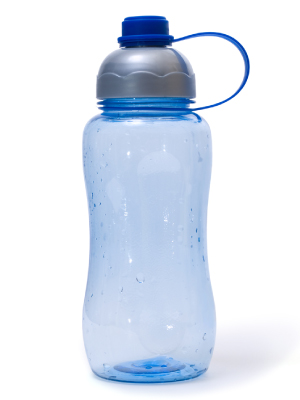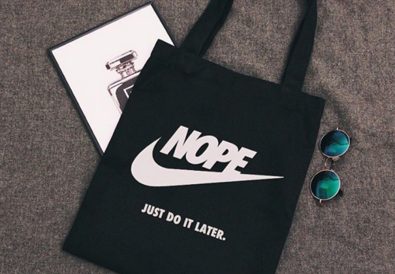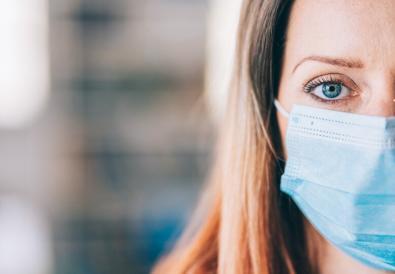Confused about BPA? Join the club.
The dangers of the chemical bisphenol A became public knowledge a couple of years ago, but most of the attention was placed on the original Nalgene bottles and baby bottles (which are now BPA-free in Canada). This toxic substance has been found to mimic the hormone estrogen and increase the risk for cancer and reproductive problems (among other scary health issues), but most of us still aren’t sure how to avoid it.
Here are a few commonly used products that could use a BPA switch.
BPA alert: There are still lots of water bottles floating around that leach BPA. The worst offenders are plastic types 1, 3, 6, and 7 (just check the bottom for these numbers inside the recycling symbol). At a quick glance, look out for any product made of that brightly-coloured, transparent plastic that the Nalgene bottles were famous for. And most plastic bottles used to sell water are made of plastic type 1 and are not meant for re-use.
Safe switch: Stainless steel or aluminum water bottles, like the ones made by SIGG and Klean Kanteen.
BPA alert: Many metal cans are actually lined with plastic that contains BPA, which can then leach into food. Canned tomatoes are particularly risky, since the acid helps BPA break down faster, causing more of the chemical to end up in your pasta sauce. Pop and juice cans are also lined with plastic containing BPA.
Safe switch: Tomatoes packaged in glass jars or tetra packs. Try fresh or frozen vegetables and look for dried beans in bulk at health food stores. Swap pop cans for glass bottles.
BPA alert: Plastic lunch containers, especially ones that you use to store warm food. When you microwave a plastic container, chemicals are more likely to break down and leach into your food.
Safe switch: Store warm food in glass containers with rubber or plastic tops. Keep snacks you won’t need to microwave in stainless steel containers.
BPA alert: Five-gallon blue-tinted water jugs, common in water coolers and usually made of plastic 7.
Safe switch: Filtered tap water. Just make sure that your filter pitcher is made of a plastic that’s less likely to leach into the water (such as 2, 4, or 5). Another way to ID safer materials is to look for plastic that’s opaque or cloudy-looking instead of clear.
How have you decided to ditch toxic plastics in your life? Please share with us.












Comments